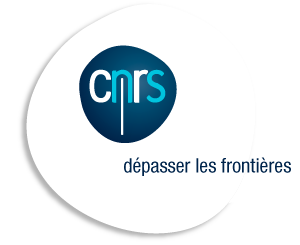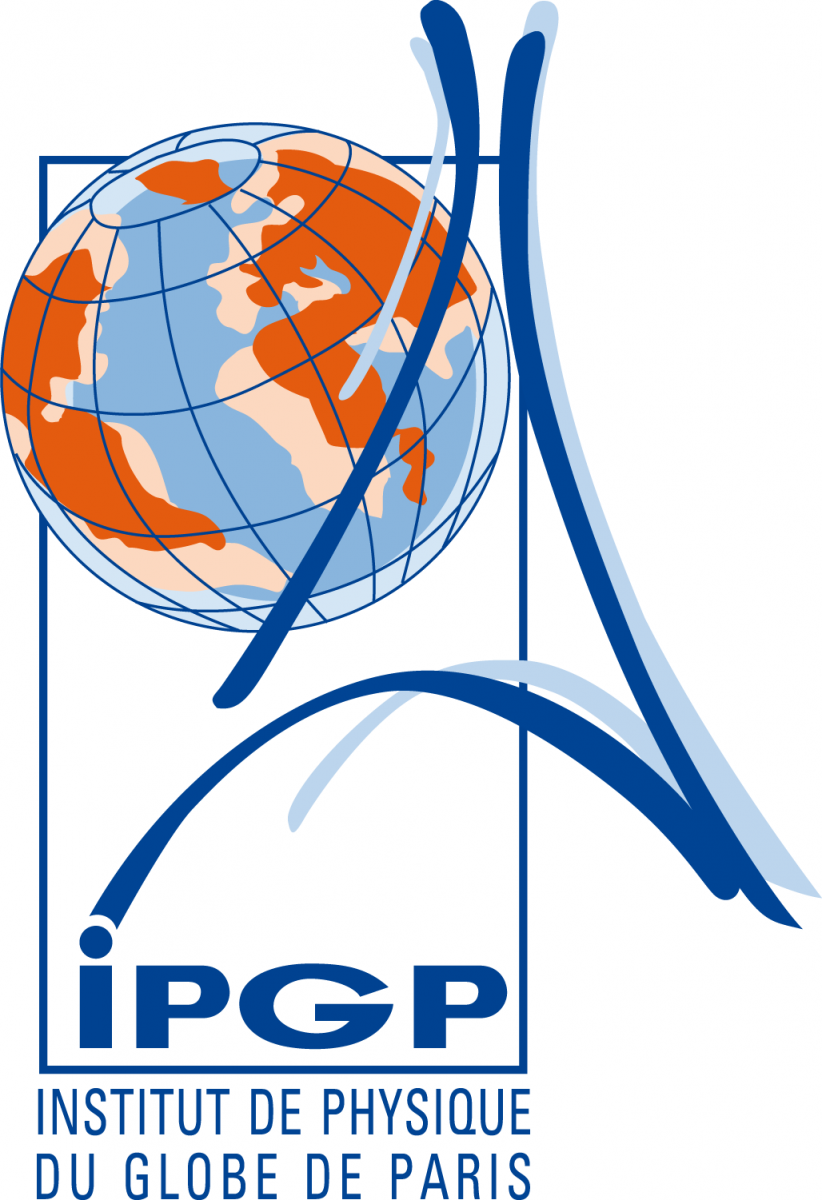InterRidge Theoretical Institute 2019 'Hydrothermalism in 4D: current challenges and emerging issues'
Dates: 18-21/11/2019 Location: Banyuls-sur-mer, France
Final version of the meeting agenda and poster abstracts.
Scientific committee: Nadine Le Bris (CNRS & Sorbonne U.), Jérôme Dyment (CNRS & IPGP), Melissa Anderson (U. Toronto), Philipp Brandl (GEOMAR), Cédric Hamelin (U. Bergen), Stéphane Hourdez (CNRS), Shinsuke Kawagucci (JAMSTEC).
Local organization committee: Nadine Le Bris, Kamil Szafranski
Registration is now closed. Please click here to register. Deadline for registration: 6th October 2019
Scope
New research foci have emerged in the last decade regarding hydrothermal systems. Addressing links between tectonic complexities and magmatic-hydrothermal processes, characterizing hydrothermal contributions to global ocean budgets (e.g. heat, carbon, iron) and associated ecosystem functions, stability and resilience in a wider deep-sea context have inspired a growing number of studies. In parallel, methodological and knowledge needs to support biodiversity inventory, mineral resource exploration, conservation plans and environmental impact assessments have risen. These new challenges emphasized significant gaps in our knowledge of hydrothermal systems and how they interact with other ocean components. While major geological, biological and ecological processes have been elucidated, the temporal dynamics and long-range interactions are still unconstrained for the vast majority of highly diverse hydrothermal settings. A substantial effort, bridging different basic science fields, is still needed to build an integrated vision of hydrothermal processes over space and time, on which quantitative approaches and predictive models should be based.
Through its 4th Theoretical Institute, InterRidge aims at fostering this momentum, by identifying most critical fundamental research questions and by offering the opportunity to share knowledge on emerging issues, new technologies, interdisciplinary challenges including capacity building and methods/tools sharing across disciplines. Bringing together ideas, concepts, expertise and know-how will help developing strategies to fill remaining gaps, and promoting the transfer of knowledge to address questions related to the human global footprint on the ocean. Since 1992, InterRidge is committed to support the advancement of fundamental knowledge, promoting international and cross-disciplinary exchanges and developing synergies with other disciplines and across thematic fields. The Theoretical Institute will contribute setting the scene for its upcoming 4th decade plan and ensure that the growing community of scientists interested in vent systems has access to suitable basic information, while strengthening international collaboration in Mid-Ocean Ridges and Arc & Back-Arc systems research.
Organization
The event will start on Monday morning and end on Friday noon. Like previous Theoretical Institutes, the first 1.5 days will be devoted to a series of lectures, followed by four thematic workshop sessions, each of them being introduced by keynote talks (Tuesday afternoon to Wednesday morning). A poster session on Wednesday afternoon will offer young scientists the opportunity to present their work. The following 1.5 days will be dedicated to writing sessions in small groups and final synthesis.
Lectures are targeting young scientists and should be accessible to an audience gathering different disciplinary backgrounds. They will be open to all participants. International experts will present the advancement of knowledge on key themes in relation to methodological and theoretical progresses at the forefront of current research. The selected topics are:
Lecture 1. Hydrothermal vent geodiversity: seafloor and sub-seafloor processes
Lecture 2. Vent microbiomes with combined NGS and experimental approaches
Lecture 3. Ecosystem dynamics: repeated observation and time-series
Lecture 4. Connectivity and larval dispersal: metapopulation approach
Lecture 5. Hydrothermal vent mineralization
Lecture 6. Aging oceanic crust and seafloor alteration
Workshop sessions will be successively planned on a series of transversal hot topics. Keynotes will present the state of the art from geoscience and ecology-biology perspectives, with a specific attention to processes driving the spatial and temporal variability and will be complemented by short talks to initiate discussions around emerging themes (the proposed list should be considered as a starting point).
1) Export of vent-derived chemicals: from near-vent reactivity to long-range transport
Themes: Chemical, biological and ecological drivers of metal export and bioavailability in the water column, biogeochemical processes and metabolic diversity in hydrothermal plumes, hydrothermal sources and sinks of organic carbon.
2) Chemosynthetic carbon: drivers of productivity at active and inactive vents
Themes: Functional flexibility of vent symbioses in response to geochemical heterogeneity, seafloor and subseafloor microbial growth and community dynamics, species adaptation to stressor combination arising from habitat fluctuations, chemical energy transfer at vent field scale and export of chemosynthetic organic matter to peripheral areas and water column.
3) Massive Sulfide deposition, alteration and biological diversity
Themes: Seafloor and subseafloor mineralization processes and time-scales, sulfide deposit formation and alteration and related geomicrobiological processes, diversity and turnover of deep-sea fauna at inactive vents.
4) Basin-scale hydrothermalism and related processes from ridges to subduction zones
Themes: Geophysical evidence of pervasive and/or rejuvenated hydrothermalism, links between tectonic complexities in subduction zones with magmatic-hydrothermal systems in arc and back-arc environments, regional connectivity and larval dispersal of vent invertebrates, biogeography and evolution of hydrothermal vent biological lineages. Hydrothermal heat fluxes contribution to ocean budget.
Final version of the meeting agenda and poster abstracts.
Accommodation and venue
Lectures and workshop sessions will take place in the Seminar & Conference Centre of the Oceanographic Observatory in Banyuls-sur-Mer in South of France.
Participants can get easily to Banyuls by flying to Paris, Montpellier, Perpignan or Barcelona (Spain) and taking the train to Perpignan (for example: travelling by TGV from Paris to Perpignan takes 5 hours, from Montpellier or Barcelona - about 2 hours).
A limited number of guest rooms can be provided by the Oceanographic Observatory of Banyuls and will be attributed on first-come, first-served basis. We will be sending confirmations once the final list of participants is closed. There are also many hotels nearby the Observatory.
Please refer to this flyer for more information about Banyuls-sur-Mer, the Oceanographic Observatory and the facilities available.
Travel awards
A number of travel awards will be available for students and post-docs attending the Theoretical Institute in Banyuls-sur-Mer. Interrested students are invited to send before the 29th September a short message to the InterRidge Coordinator detailing their motivation to participate in the Theoretical Institute (max. 250 words), with an estimation of the cost of the travel and the preferred airport of their departure. InterRidge will cover flight (best price in Economy cabin) and accommodation costs of the Awardees. The list of awarded persons will be announced within a couple of days after the deadline). Airplance tickets bought by the participants themselves cannot be reimbursed by InterRidge!
Please share this information with interested scientists and students and stay tuned to receive the next information.
Please click here to register.
First Announcement - InterRidge Theoretical Institute - Hydrothermalism in 4D




